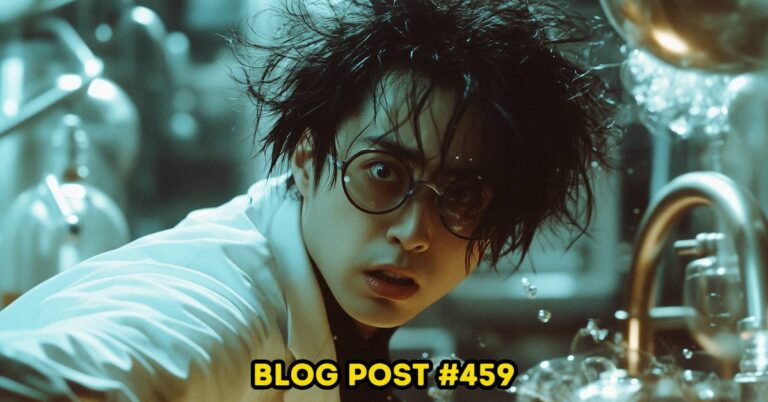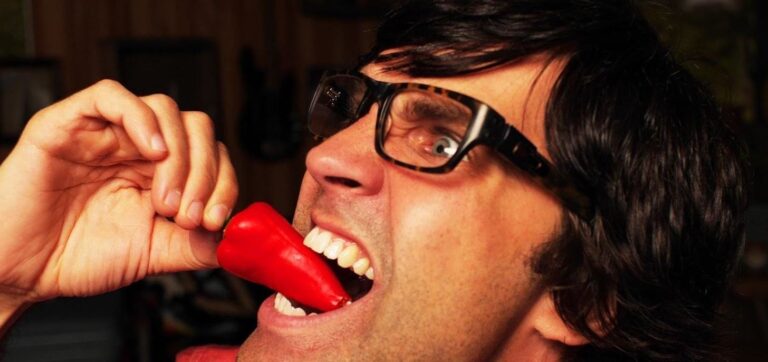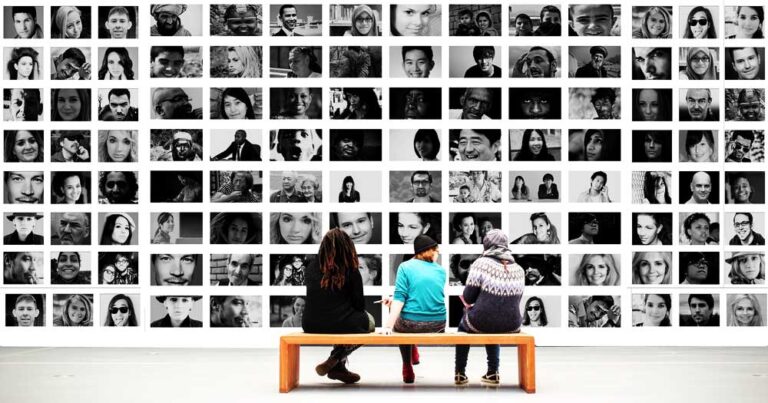
“There are no moral experts,” said Peter Ustinov, and I tend to agree. Consciousness, morals, and mindfulness are often used as these new age terms that people use without fully understanding them. People vary greatly in terms of their level of consciousness, ranging from being extremely conscious to not conscious at all, and anywhere in between.
Take vegans (or vegetarians, but henceforth just vegans for simplification), for example. Like myself, they strive to live a conscious lifestyle by not consuming meat, fish, and other animal products. There are three primary reasons why people choose this lifestyle:
- Animals – as they believe that we often mistreat them in inhumane ways, doing things to them that we would never want done to ourselves.
- Health – A vegan lifestyle is often seen as healthier compared to a diet that includes animal products.
- Planet – Vegans are aware of the ecological impact of meat consumption, as studies suggest that these diets are highly polluting, unsustainable, and harmful to the environment.
The best example that explains all of this (and the reason I became vegan myself) is the following documentary, although there are also many other good documentaries that address the same issues, but from different perspectives:
To this extent, I initially became vegan for health reasons. While this remains my primary motivation for not eating meat, I now also place equal importance on the other two reasons.
However, I often come across people who have tried vegan diets but eventually gave up. The most common reason for this is their lack of a clear motivation for being vegan in the first place. When faced with challenging situations, such as a lack of easily-available vegan options, they simply abandon the diet.
Moreover, we’ve all heard of doctors advising against veganism, claiming that it is detrimental to one’s health. But I question whether these doctors are vegans themselves, or if they have ever researched and followed this diet, as I’ve been a vegan for over 10 years and I have effectively refuted any and all false claims made against this lifestyle.
However, it is true that just because a person decides to be vegan, it doesn’t automatically mean they are healthy. For example, one can still overeat, drink, consume unhealthy products such as overly sugary, salty, and oily foods, take drugs, have an unbalanced diet, and so on.
Just as in martial arts, where one cannot simply learn to attack, kick, and punch, but also needs to learn to defend and cultivate other multiple skills simultaneously, being vegan is not a one-size-fits-all approach to healthy living, animal rights protection, and planet sustainability. It is certainly a step in the right direction, but we also need to supplement this practice with other correct actions.
“There are no moral experts” – Peter Ustinov
This brings me back to the quote, “there are no moral experts,” because I know people who have recently become vegan and now preach to everyone about how their diet is right and everyone else’s is wrong. However, they seem to forget that just a few weeks, months, or years ago, they weren’t vegan and probably didn’t want to hear anything about it. But now that they are vegan, they expect the whole world to follow their example?
Even if they are correct about veganism, what about other behaviors like smoking, drinking, overeating, excessive social media use, and more?
This reminds me of a time when I used to drink energy drinks. I was frequently criticized by various individuals for this choice, even though they themselves engaged in other activities that could be considered unhealthy. This experience made a lasting impression on me because it made me realize that unless we are perfect in every single aspect or unless someone directly asks for our opinion, we should not assume that we have superior knowledge of morality and chastise others for not adhering to our beliefs.
Another example involves a celebrity who was attacked on social media and in person for wearing real fur. This celebrity made a valid point by questioning how many of these critics were actually vegan, how many of them lived in houses, and where exactly all the products they consumed came from. She argued that everything we consume has to come from somewhere, and it is likely it was not produced in the most conscious and sustainable way. So, while this celebrity may have been doing something bad explicitly, she pointed out that many of their critics may have been doing something bad implicitly, as just by living in a society, we become automatically guilty of a range of incorrect behaviors, contributing to the hurt and suffering that exists worldwide.
“You are vegan, but you eat plants. They are alive, too, right?” – some meat eaters asked me.
I agree, as the plants may not have consciousness, but they still represent life, and all life deserves respect in whatever form it may come. Therefore, we cannot simply ignore our footprint on the world while we continue to exist in it. Instead, we should commit to minimizing our footprint as much as possible and perhaps even aim to make a positive contribution to the world in whatever way we can.
If we cut down a tree or consume plants, we should ensure that we make the most of these acts. For example, we should use all parts of a tree, such as branches, leaves, and the soil where it stood. If we only need a few leaves, we should refrain from cutting down the entire tree and aim to leave it as healthy as possible so it can continue to thrive. We should only take what we need, make efforts to repair any damage, and perhaps even improve the environment where this tree stands, and overall we should strive to act in a sustainable manner.
By following the same logic, we should reuse plastic bags, avoid food waste, recycle, be kind to other animals, plants, and our planet, as well as to our fellow human beings. If everyone were to make an effort to reduce their footprint and make a positive contribution to the world, we would undoubtedly all be living in a better world.
In my case, my positive contribution to the world is promoting “happiness.” I believe that happiness is a vehicle for doing more good than evil, as scientific studies support the idea that happier people are generally more conscientious, kind, and overall better human beings compared to their unhappy counterparts. In other words, if more people were happier, the world would automatically become a better place for everyone to live in, including animals, plants, our planet overall, and other human beings.
So, are you already living consciously? And are you already making a positive contribution to the world?














